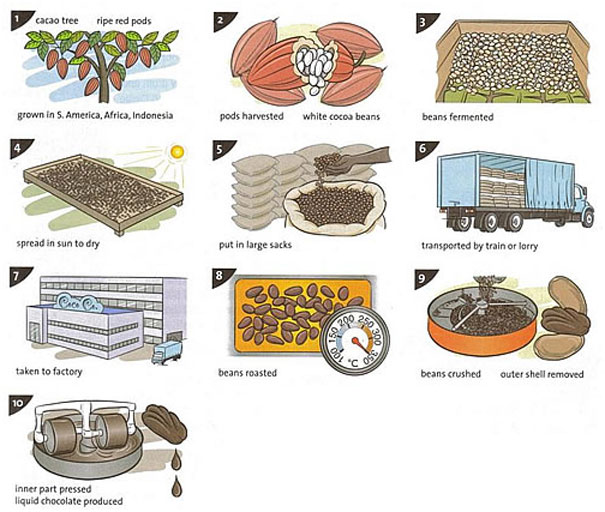- Home
- IELTS Grammar
- Modal Verbs
Using Modal Verbs in IELTS
This IELTS lesson is about modal verbs and how they can be used to improve your writing, though this is also relevant to speaking.
You are likely to use these a lot in your essay writing for task 2, particularly if you are writing an essay which needs to give solutions to a problem. They are also important to help in clarifying the certainty with which you are making a point, which is important for your writing.
The examiner will expect you to be competent in using these to award you a higher band score.
The Basics
What are modal verbs?
Modal Verbs are used commonly in English to add further information to the main verb. They are added to a sentence to show things such as possibility, ability, regret, or necessity.
They are auxiliary or 'helping' verbs, which means they cannot be used on their own but must be used with the main verb.
Modal Verbs |
Main Verb |
Sentence Examples |
May |
go |
|
‘Semi’ Modal Verbs |
(Infinitive) |
Sentence Examples |
Ought |
to go |
|
How are they used?
As you can see from the table, these verbs are used with a main verb and are followed by the bare infinitive (bare means no “to”). The exceptions are ‘ought’, 'need’ and ‘have’ which are followed by the infinitive (with “to”).
More in-depth grammar explanations of modal verbs can be found here but carry on reading below to see how modals can be used in IELTS.
Common Use in IELTS Task 2
Three important functions of modal verbs when you are writing or speaking for IELTS are:
- discussing degrees of certainty
- making suggestions.
- hypothetical situations
1) Degrees of Certainty
Will, may, might and could are common to make logical deductions about a situation or the future, which you often need to do in task 2:
Children with no father as a role model will become criminals. (100%)
Children with no father as a role model may become criminals. (Possible)
Children with no father as a role model could become criminals. (Possible)
Which of these sentences do you think is incorrect?
Hopefully you worked out that the first one is wrong. This is a common mistake to see in IELTS essays. The grammar is ok, but it is not possible to conclude that all children with no father as a role model will become criminals!
Be careful when you are making assessments in this way.
‘Will' is 100% going to happen, so avoid using it to make generalizations about everybody/everything unless you know it is 100% true. (There are other ways to make it less certain e.g. “will possibly”).
When you are writing IELTS essays, it's unusual that you will have evidence with you or that you can use to show 100% what you are saying is true. So the second two are better in this situation.
2) Suggestions
Must, should, ought to, have to and could are often used to make suggestions for solving a problem. It is common in task 2 to get a question asking you to discuss a problem and suggest solutions.
Governments must/have to/need to take action to tackle global warming. (strong obligation)
Parents should/ought to stop their children watching too much television. (Strong suggestion)
Individuals could recycle more (possibility).
Take a look at this model essay on global warming and note how modal verbs are used in the second body paragraph to discuss the solutions.
3) Hypothetical Situations
It is common to use would and could to discuss hypothetical situations. If something is hypothetical, this means in effect it has not happened. You are discussing an unreal situation in the future or imagining something.
For example:
If the government spent more money on hospitals, people would be healthier.
It is something that has not happened and you don't know if it will.
See this model essay on human cloning and notice the use of would and could throughout the essay. Cloning of human beings has not happened yet, so it is a hypothetical situation
It may also be used in your speaking - see this lesson on hypothetical situations for part 2 of the speaking test.
Try a modal verbs quiz
Comments
Any comments or questions about this page or about IELTS? Post them here. Your email will not be published or shared.
Band 7+ eBooks
"I think these eBooks are FANTASTIC!!! I know that's not academic language, but it's the truth!"
Linda, from Italy, Scored Band 7.5












